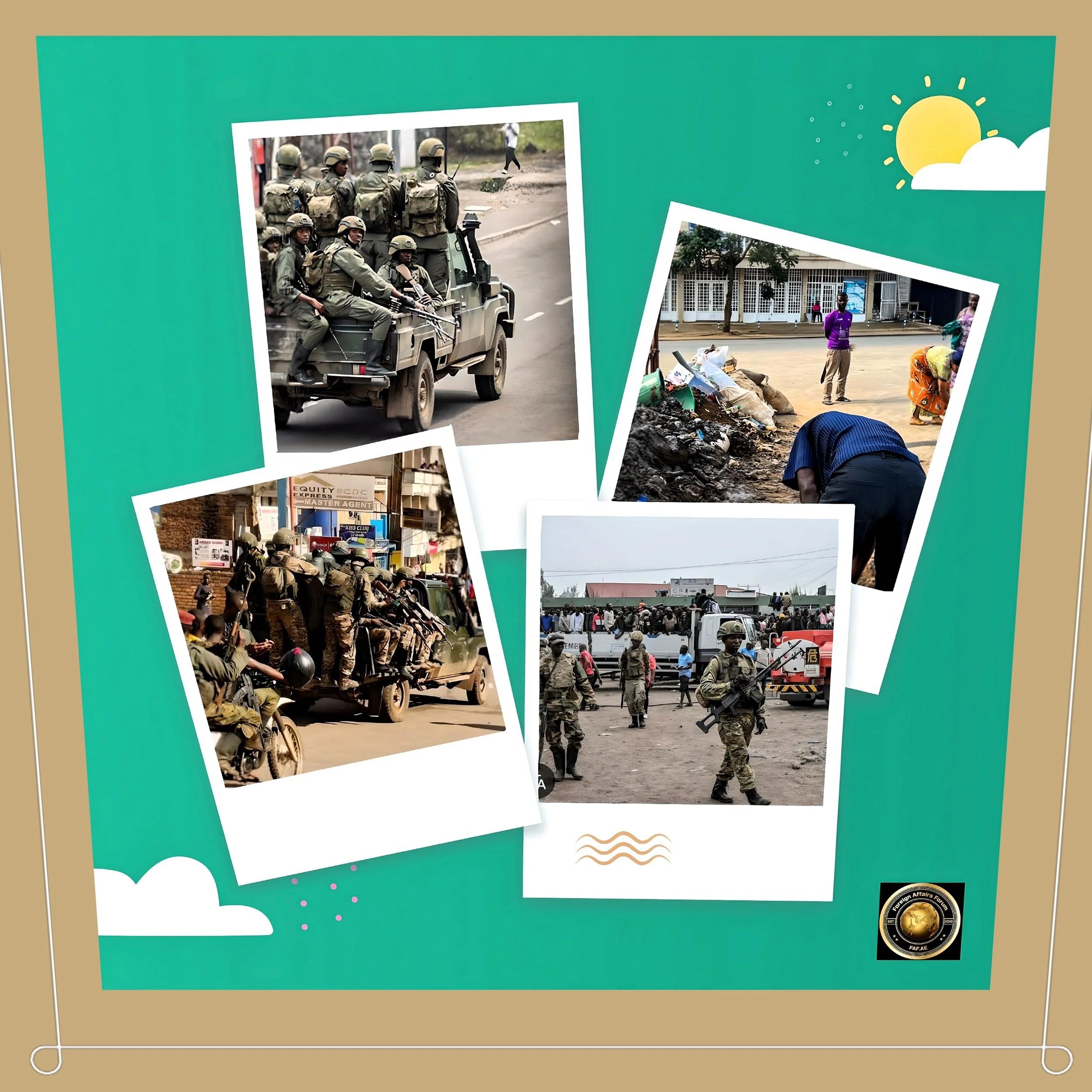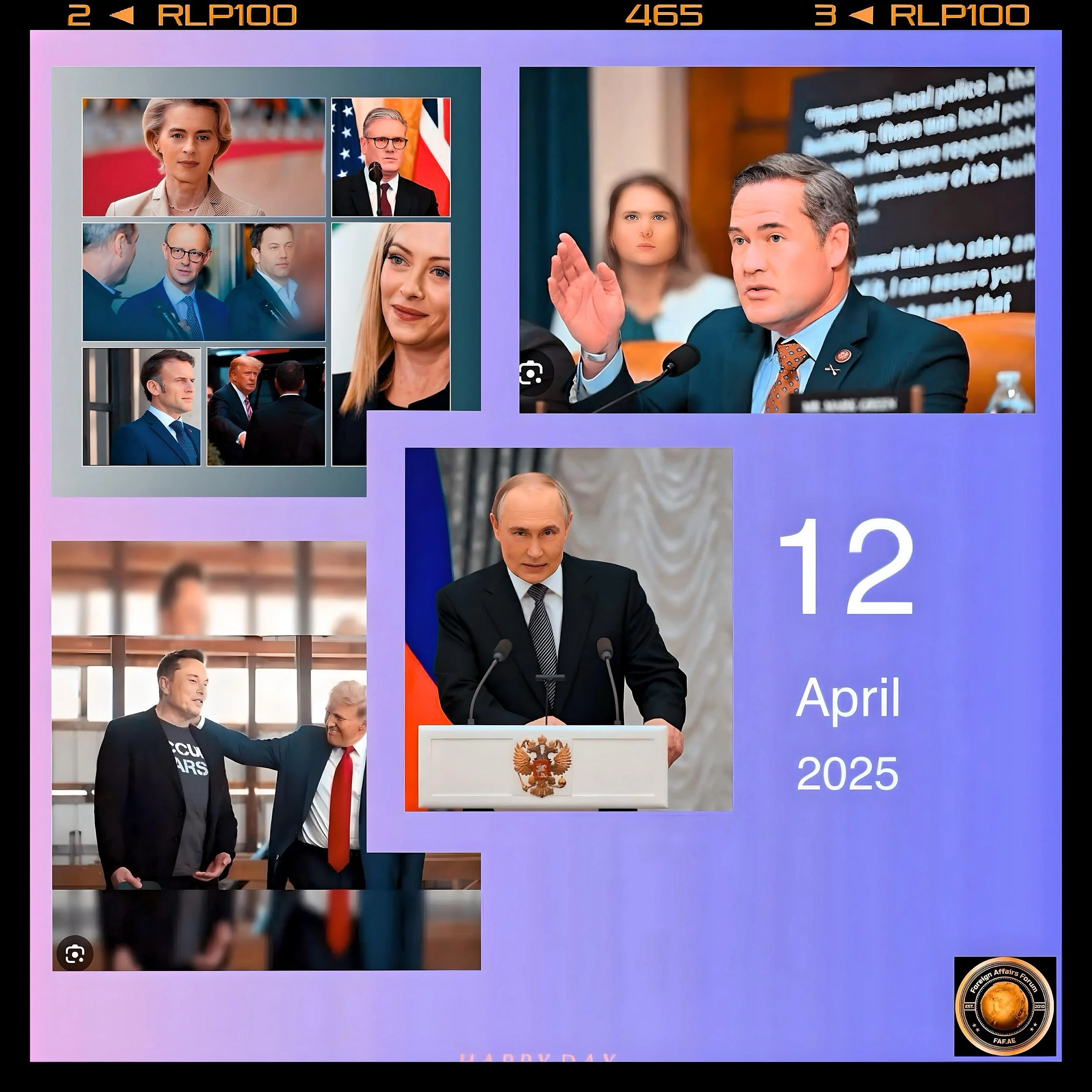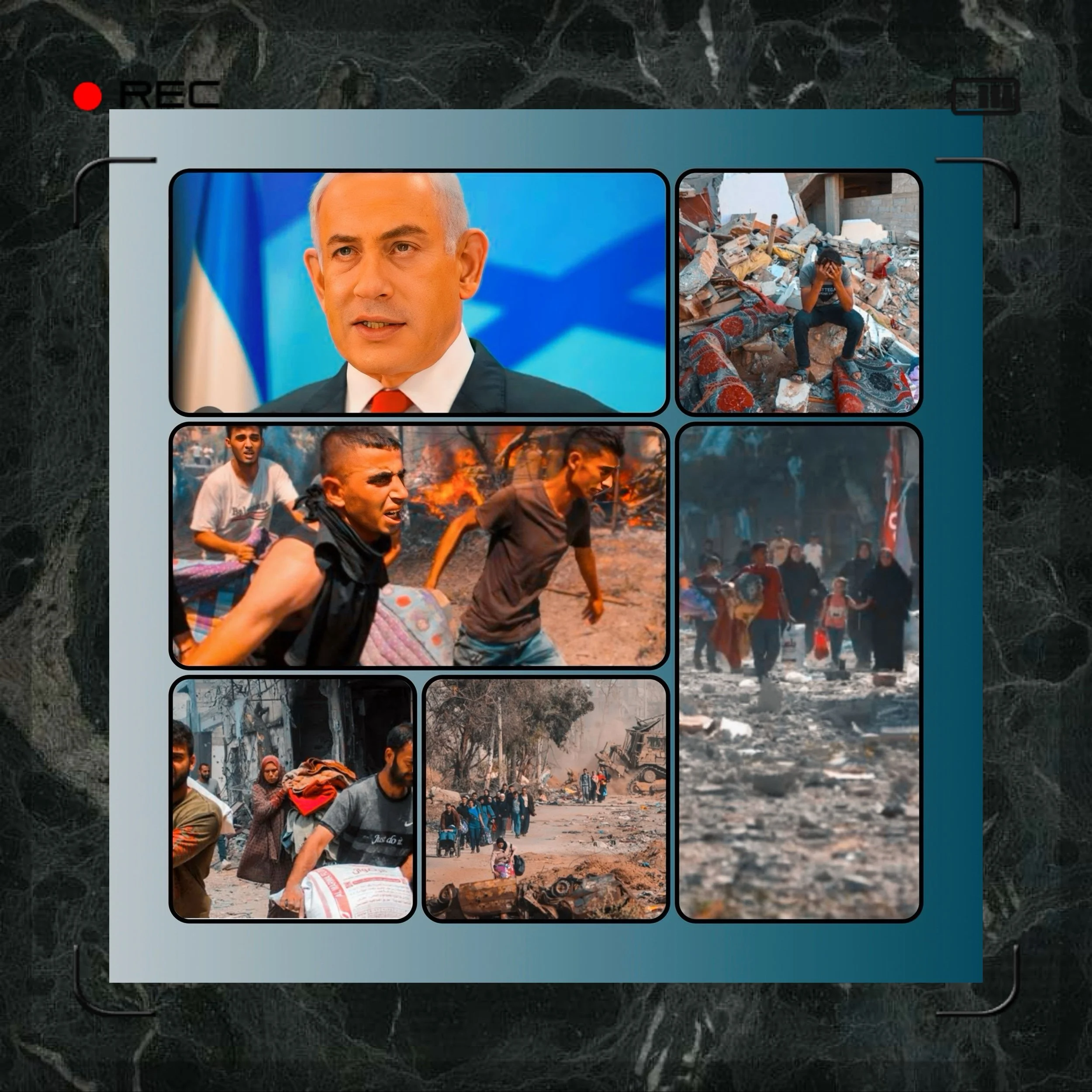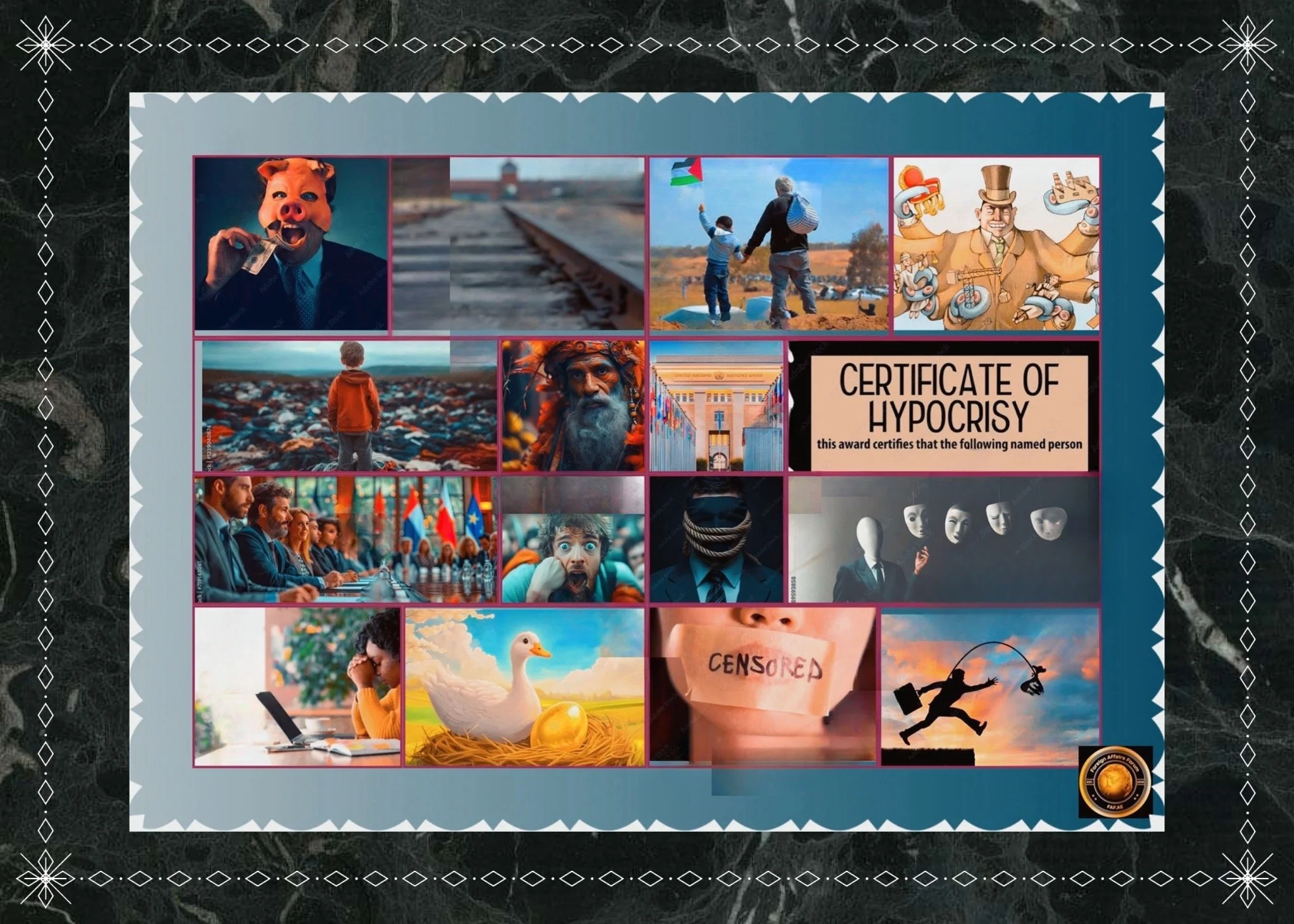Israel’s Military Campaign in Gaza: Accusations of Genocide, International Complicity, and Regional Implications
Introduction
The Israeli military campaign in Gaza, ongoing since October 2023, has drawn escalating condemnation from international organizations, human rights groups, and regional stakeholders for alleged genocidal acts, ethnic cleansing, and systematic violations of international law.
With over 1,563 Palestinians killed since March 2025 alone, including 500 children, and 90% of Gaza’s infrastructure destroyed, the conflict has reignited debates about global accountability, the moral responsibilities of historical memory, and the geopolitical risks of regional escalation.
FAF synthesizes evidence from UN investigations, humanitarian agencies, and regional diplomatic efforts to analyze the current crisis, its historical roots, and its implications for Middle Eastern stability.
Legal and Humanitarian Framework: Genocide and Ethnic Cleansing
UN Documentation of Forcible Transfer and Intent
The UN Human Rights Office has repeatedly condemned Israel’s use of “evacuation orders” in Gaza as a mechanism for forcible transfer, a grave breach of the Fourth Geneva Convention.
Since March 2025, 21 such orders have confined Palestinians to shrinking zones like Al Mawasi, where access to food, water, and medical care is deliberately restricted.
The systematic destruction of reproductive healthcare facilities—including the bombing of a fertility clinic storing 4,000 embryos—has been cited by UN experts as evidence of intent to prevent Palestinian births, a criterion for genocide under the Genocide Convention.
Amnesty International’s December 2024 report concluded that Israel’s actions meet the legal definition of genocide, citing mass killings, infrastructural annihilation, and the imposition of conditions “calculated to bring about physical destruction.”
Buffer Zones and Territorial Annexation
CNN’s April 2025 investigation revealed that the Israeli military has created a 1-kilometer “buffer zone” along Gaza’s border, bulldozing homes, factories, and farmland.
Soldiers interviewed admitted to shoot-to-kill orders against Palestinians entering these areas; practices legal experts warn constitute war crimes.
This territorial consolidation aligns with Prime Minister Benjamin Netanyahu’s public support for Trump-era proposals to “cleanse” Gaza through population transfers to Egypt and Jordan, a plan rejected by Arab leaders at the March 2025 Cairo Summit.
In the West Bank, January 2025 saw 70 Palestinians killed in Israeli operations, prompting Palestinian authorities to accuse Israel of “ethnic cleansing” amid settlement expansions.
International Complicity and Diplomatic Failures
U.S. Military and Political Support
The U.S. remains Israel’s staunchest ally, providing $4 billion annually in military aid and vetoing UN Security Council resolutions critical of Israeli actions.
A March 2025 report by the Jewish Institute for National Security of America urged the Trump administration to prepare for joint U.S.-Israeli strikes on Iran, emphasizing “no daylight” in their strategic alignment.
Despite Netanyahu’s failure to secure tariff exemptions during his April 2025 Washington visit, Trump reiterated support for Israel’s “right to self-defense,” even as he privately pushed for a swift end to the Gaza conflict.
Arab League Responses: Rhetoric vs. Action
Arab states have oscillated between symbolic condemnations and pragmatic diplomacy.
The Arab League’s March 2025 call for an economic and military boycott of Israel marked a rhetorical shift. Yet, key members like the UAE and Morocco maintain covert trade ties under the Abraham Accords.
Egypt’s reconstruction plan for Gaza unveiled at the February 2025 Cairo Summit, sought to stabilize the Strip while marginalizing Hamas, but funding shortfalls and Israeli blockades have stalled progress.
Meanwhile, Saudi Arabia and Jordan reject U.S.-backed population transfer schemes, framing them as existential threats to regional security.
Regional Escalation Risks and Historical Parallels
Proxy Conflicts and the “Axis of Resistance”
Iran-backed militias in Iraq, Syria, and Yemen have intensified attacks on U.S. and Israeli targets since October 2023, exploiting the Gaza war to consolidate regional influence.
Kataib Hezbollah’s drone strikes on Erbil Airbase and Harakat al-Nujaba’s assaults in Syria underscore the risk of a broader regional war.
Israel’s alleged collaboration with Wagner Group mercenaries in arming M23 rebels in the Democratic Republic of Congo further illustrates the globalization of proxy conflicts.
The Holocaust Analogy: Moral and Historical Reckoning
Comparisons between Israel’s actions and the Holocaust are deeply contentious.
While Netanyahu has weaponized Holocaust memory to justify Israel’s security policies, critics argue that perpetrating mass displacement and systematic violence against Palestinians inverts the lessons of Jewish historical trauma.
The Pew Research Center’s 2024 survey reveals stark divergences: 34% of Jewish Israelis believe military force in Gaza is insufficient, whereas Arab Israelis overwhelmingly condemn the campaign as genocidal.
Arguments For and Against Accusations
Pro-Israel Perspectives
Self-Defense Against Hamas
Israel frames its operations as necessary to dismantle Hamas’ military capabilities, citing the October 2023 attacks that killed 1,200 Israelis.
The IDF claims to target Hamas infrastructure, though UN reports document strikes on hospitals, schools, and IDP camps.
Security Buffer Zones
Advocates argue that Gaza border demilitarization is essential to prevent cross-border attacks despite evidence that buffer zones disproportionately harm civilians.
Historical Sovereignty Claims
Zionist narratives emphasize the Jewish people’s indigenous ties to historic Palestine, legitimizing statehood aspirations while dismissing Palestinian self-determination.
Anti-Israel Perspectives
Disproportionate Force
With a 70:1 Palestinian-to-Israeli casualty ratio, critics condemn Israel’s tactics as collective punishment.
The March 2025 airstrike on Khan Younis’ Nasr Medical Complex, which killed journalists and IDPs, exemplifies alleged indiscriminate targeting.
Settlement Expansion
Since 2024, Israel has advanced 12,000 new settlement units in the West Bank, cementing de facto annexation despite UN resolutions.
Complicity in Genocide
Amnesty International and UN experts assert that arms suppliers like the U.S. and Germany violate obligations under the Genocide Convention by sustaining Israel’s military campaign.
Conclusion
Pathways to Accountability or Further Atrocities
Immediate Imperatives
Arms Embargoes
The EU’s March 2025 sanctions on M23 leaders offer a template for targeting Israeli officials implicated in war crimes.
ICC Prosecutions
Strengthen the International Criminal Court’s mandate to investigate Netanyahu and IDF commanders for forced displacement and sexual violence.
Humanitarian Corridors
Override Israeli blockades via UN General Assembly resolutions under the “Uniting for Peace” mechanism, as deployed during the 1956 Suez Crisis.
Long-Term Solutions
Conditional Aid
The U.S. and EU should tie military funding to adherence to international law, mirroring conditions imposed on Rwanda during the 1994 genocide.
Two-State Reengagement
Revive the Arab Peace Initiative with guarantees for Palestinian sovereignty, leveraging Saudi normalization as a bargaining chip.
The international community’s failure to act in Gaza echoes its inertia during the Rwandan genocide and Syria’s civil war.
Without urgent intervention, Israel’s campaign risks normalizing ethnic cleansing as a tool of statecraft, destabilizing the Middle East, and eroding the post-Holocaust consensus on human rights.
As the death toll mounts, the question is not whether history will judge these actions but whether that judgment will arrive too late.






